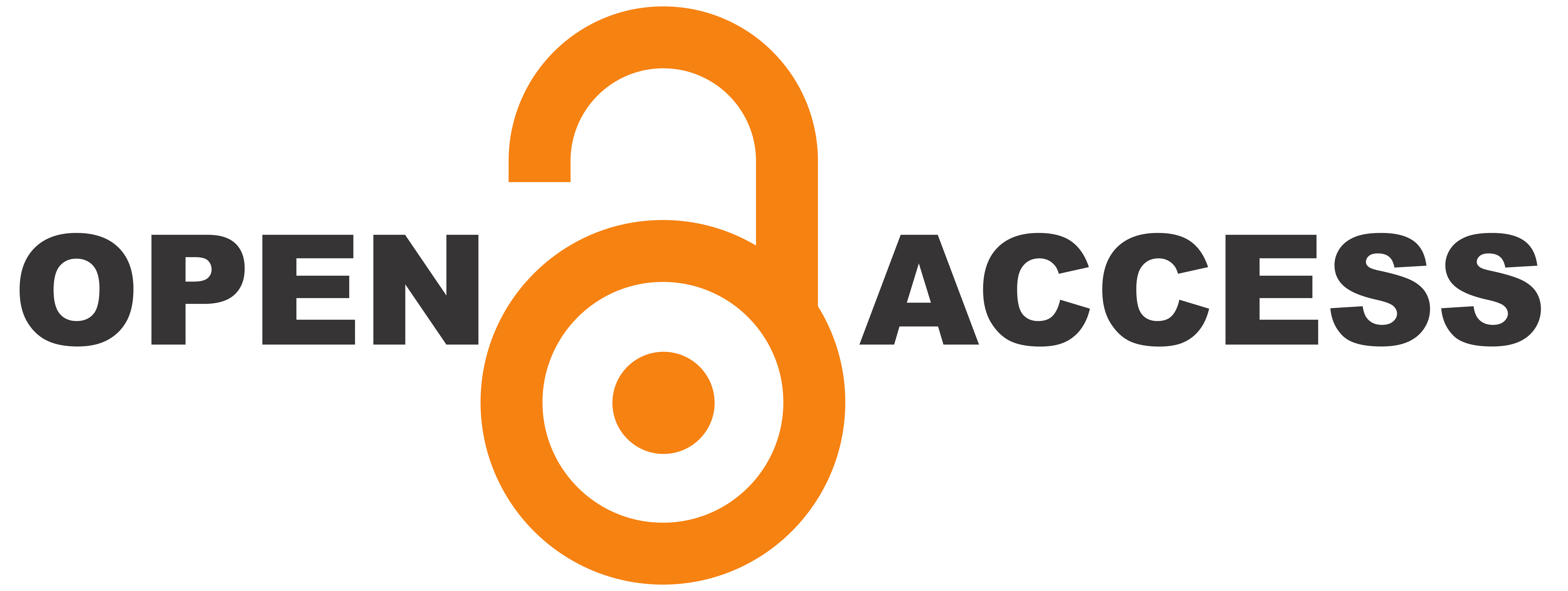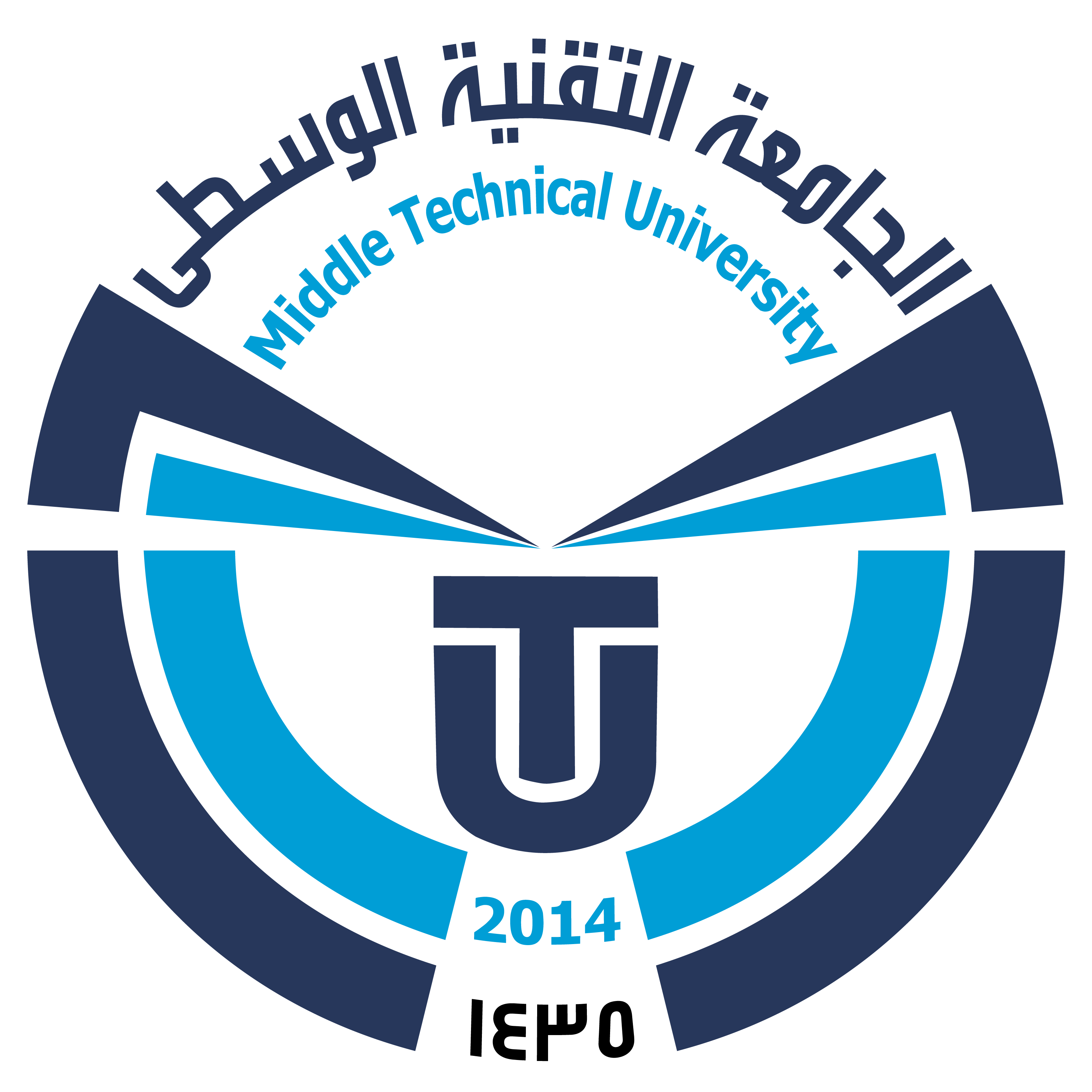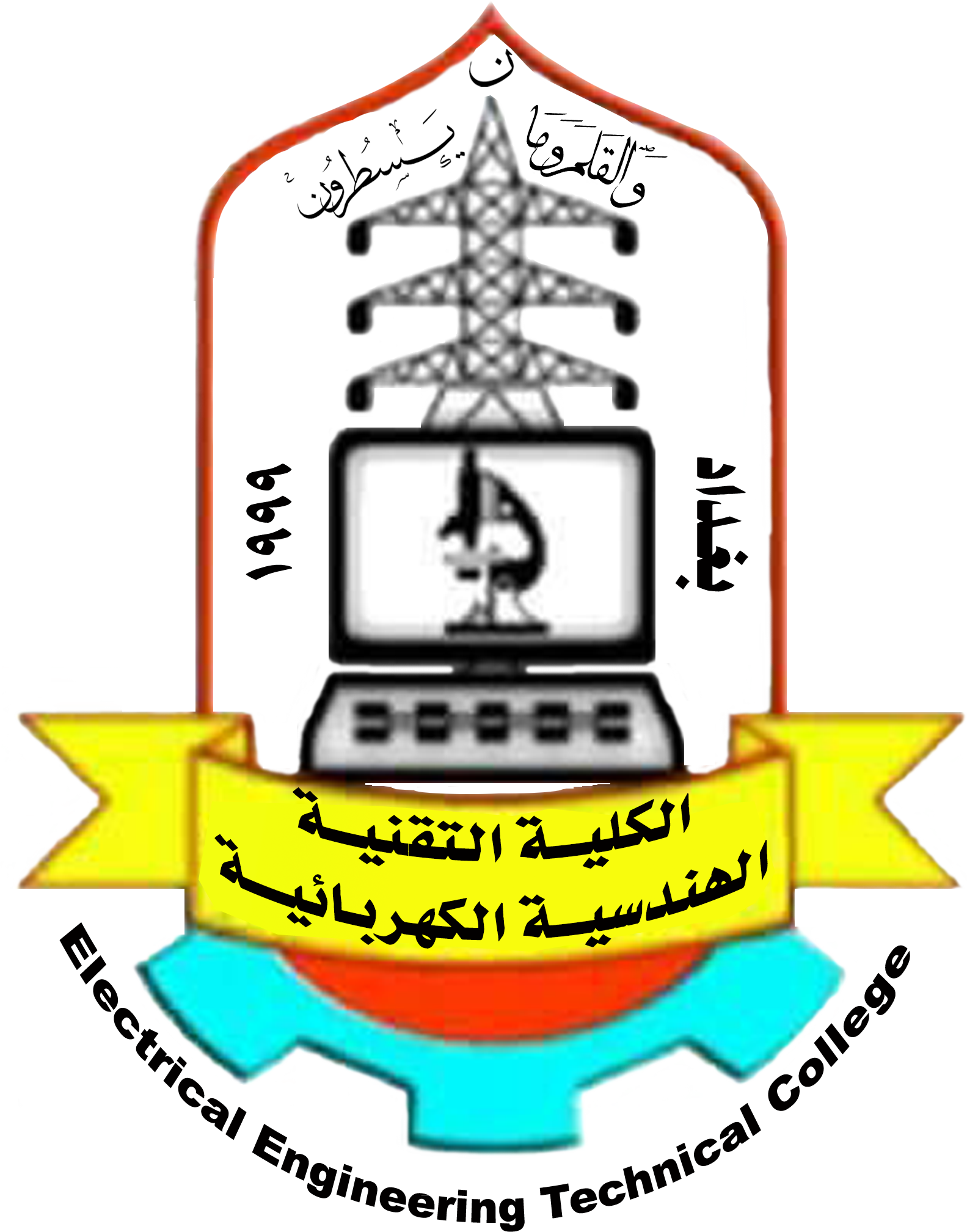COPE (Ethics)
Committee of Publication Ethics (COPE)
Ethical Principles We Follow
The Electrical Engineering Technical Journal (EETJ) follows the key ethical principles of the Committee of Publication Ethics (COPE):
- Honesty in Research
- All work must be original and free from plagiarism.
- Contributions of authors and collaborators must be clearly acknowledged.
- Data and results should be reported accurately.
- Fair Peer Review
- We use a fair and unbiased review process to evaluate articles.
- Reviewers and authors remain anonymous to ensure impartiality.
- Conflict of Interest
- Authors, reviewers, and editors must disclose any personal or financial interests that could influence their work.
- Handling Misconduct
- We investigate issues like plagiarism or falsified data.
- Articles may be corrected or retracted if necessary.
Responsibilities of Authors, Editors, Reviewers, and Publishers
Authors
Authors must:
- Submit original, accurate, and properly cited work.
- Disclose any conflicts of interest.
- Respond to reviewer comments professionally.
Editors
Editors must:
- Ensure fair and unbiased peer review.
- Make decisions based on the quality and relevance of submissions.
- Keep manuscripts and reviewer identities confidential.
- Handle ethical issues transparently.
Reviewers
Reviewers must:
- Provide constructive and fair feedback.
- Keep the information in the manuscript confidential.
- Disclose any conflicts of interest.
Publishers
The Middle Technical University (MTU), as the publisher of EETJ, supports ethical practices by:
- Helping editors maintain ethical standards.
- Providing resources for training and implementing COPE guidelines.
- Being transparent about journal policies.
Common Ethical Issues in Publishing
- Plagiarism: Presenting someone else’s work as your own without proper acknowledgment. We use tools to detect plagiarism and take action if it occurs.
- Authorship Disputes: Authorship should reflect who contributed to the work. Disputes are resolved using COPE’s guidelines.
- Data Manipulation: Falsifying or fabricating data is unacceptable and will lead to rejection or retraction of the article.
- Duplicate Publication: Publishing the same work in multiple journals is unethical. Authors must disclose any prior publication.
- Conflicts of Interest: Any personal or financial interests must be disclosed to ensure transparency.
How We Handle Ethical Issues
EETJ follows COPE’s recommended steps to address ethical problems, including:
- Investigating allegations of misconduct fairly.
- Communicating with authors and reviewers to gather information.
- Issuing corrections or retractions if needed.
Promoting Ethical Practices
EETJ promotes ethics in publishing by:
- Organizing workshops and seminars for authors, editors, and reviewers.
- Publishing clear ethical policies on our website.
- Highlighting the importance of ethics during academic events. EETJ is dedicated to maintaining the highest ethical standards in publishing. We encourage all authors, reviewers, and editors to follow COPE’s guidelines to ensure the integrity of scholarly work.
The EETJ is committed to upholding ethical practices in all aspects of publishing. By following COPE’s principles, we ensure that our journal maintains trust, accountability, and excellence in scientific research. We invite all contributors to join us in promoting ethical standards in publishing.







